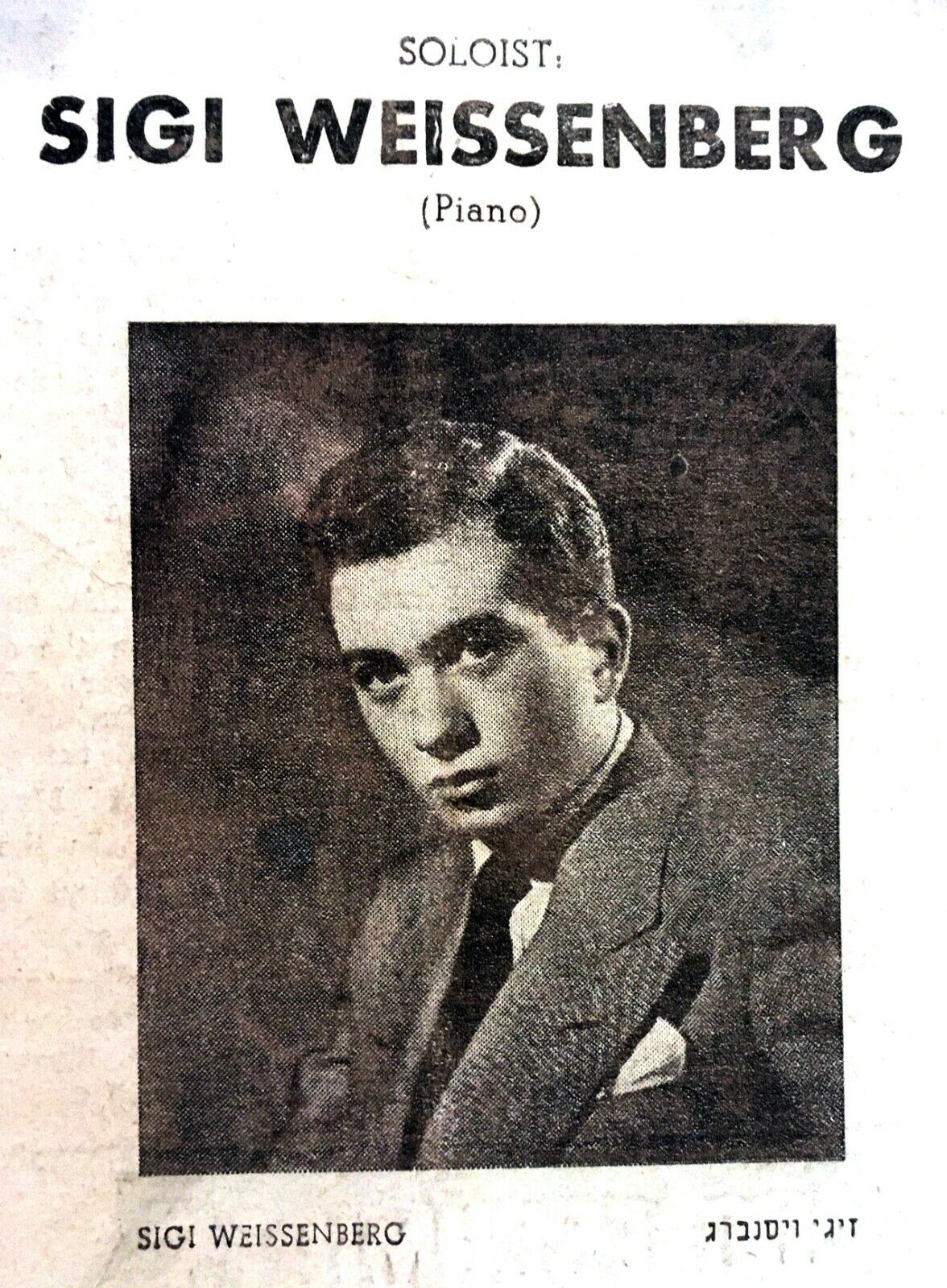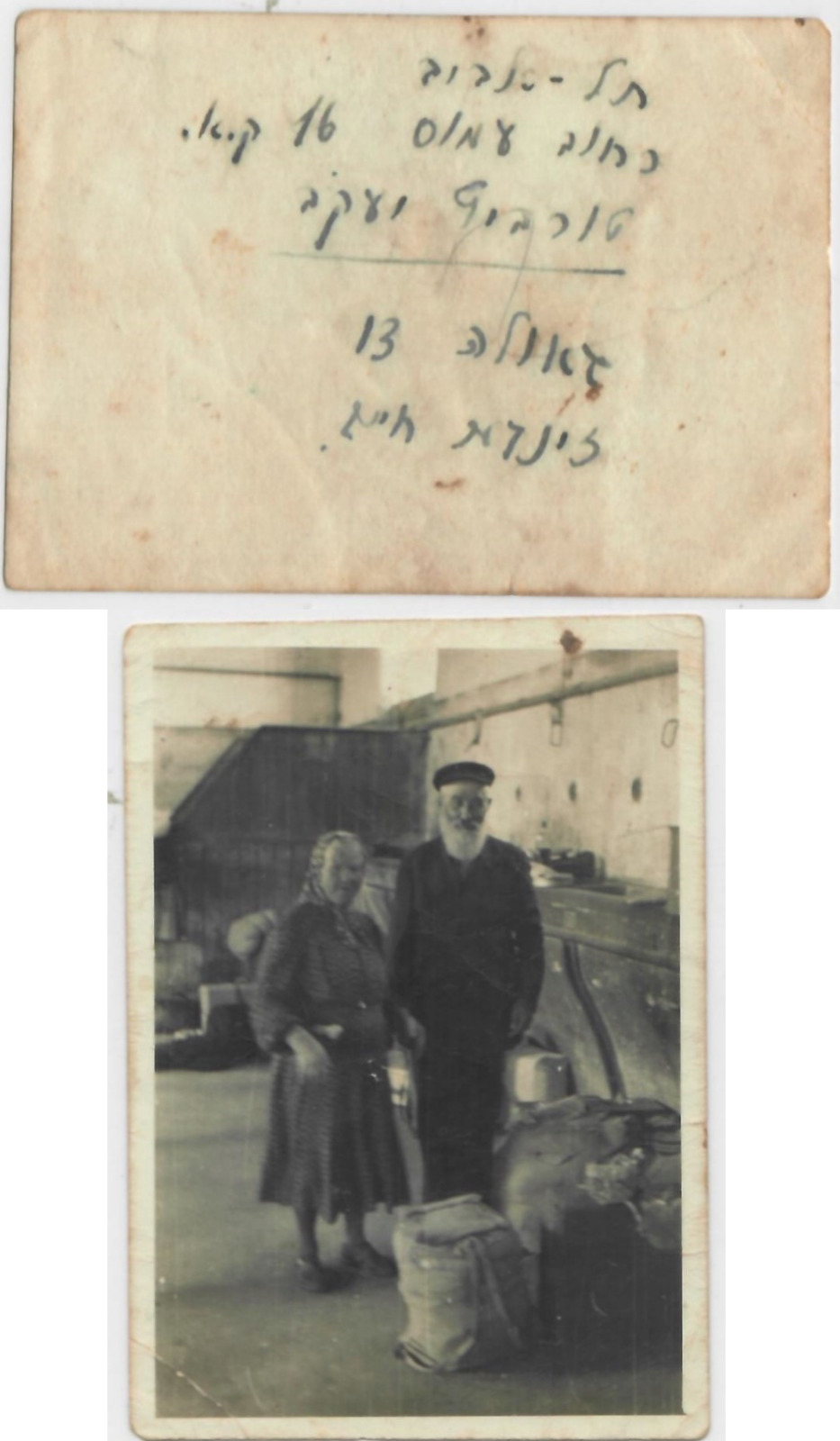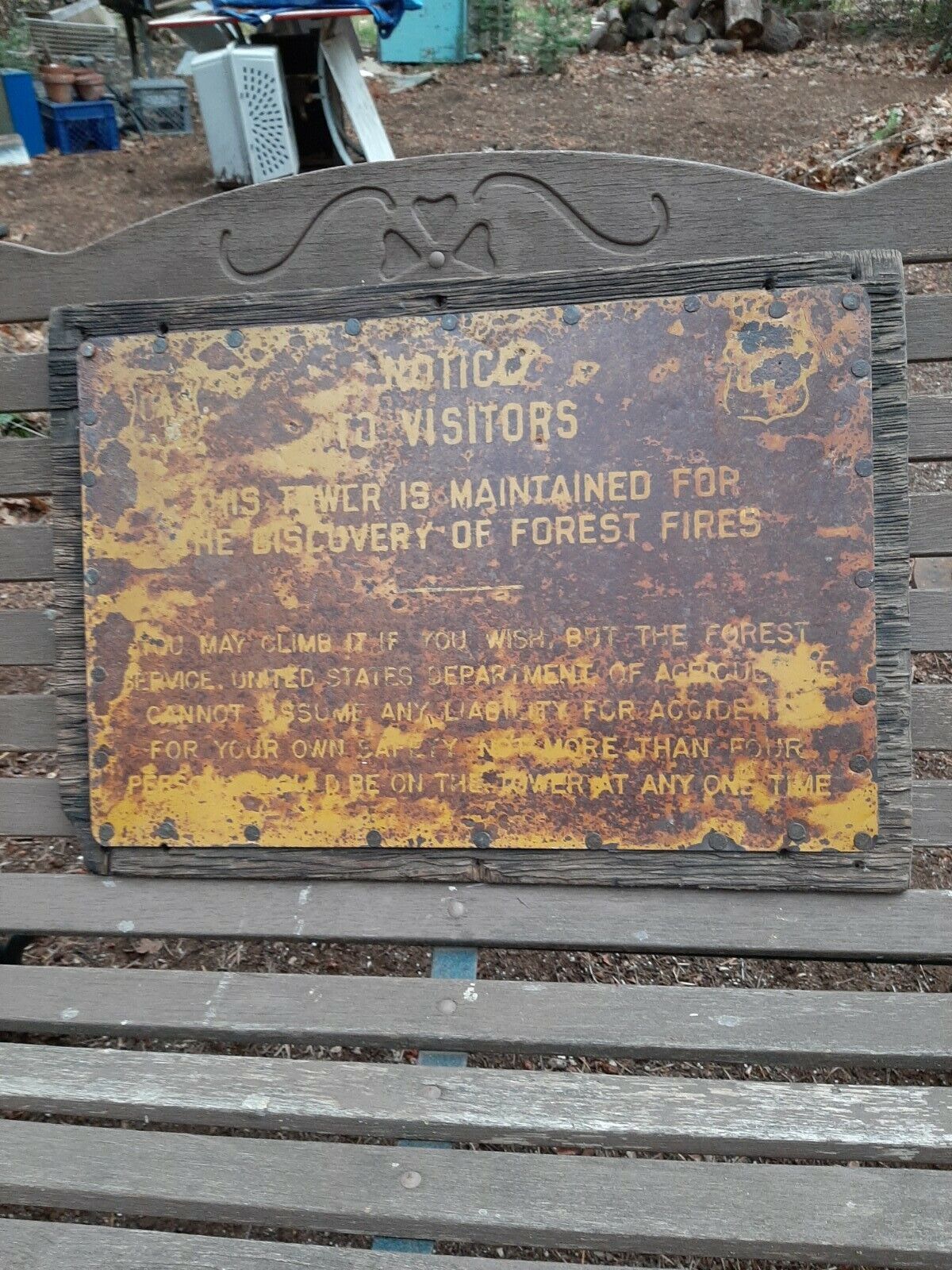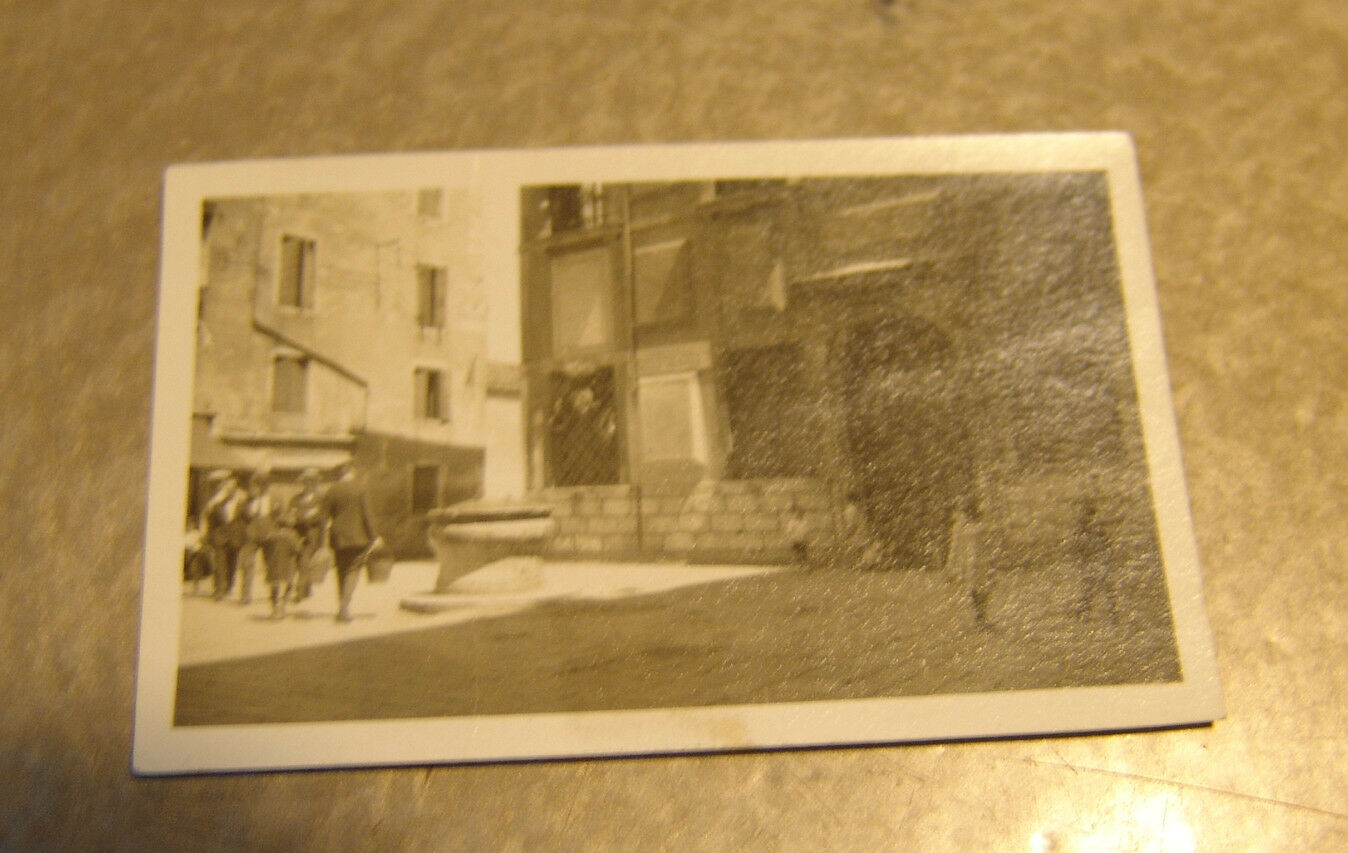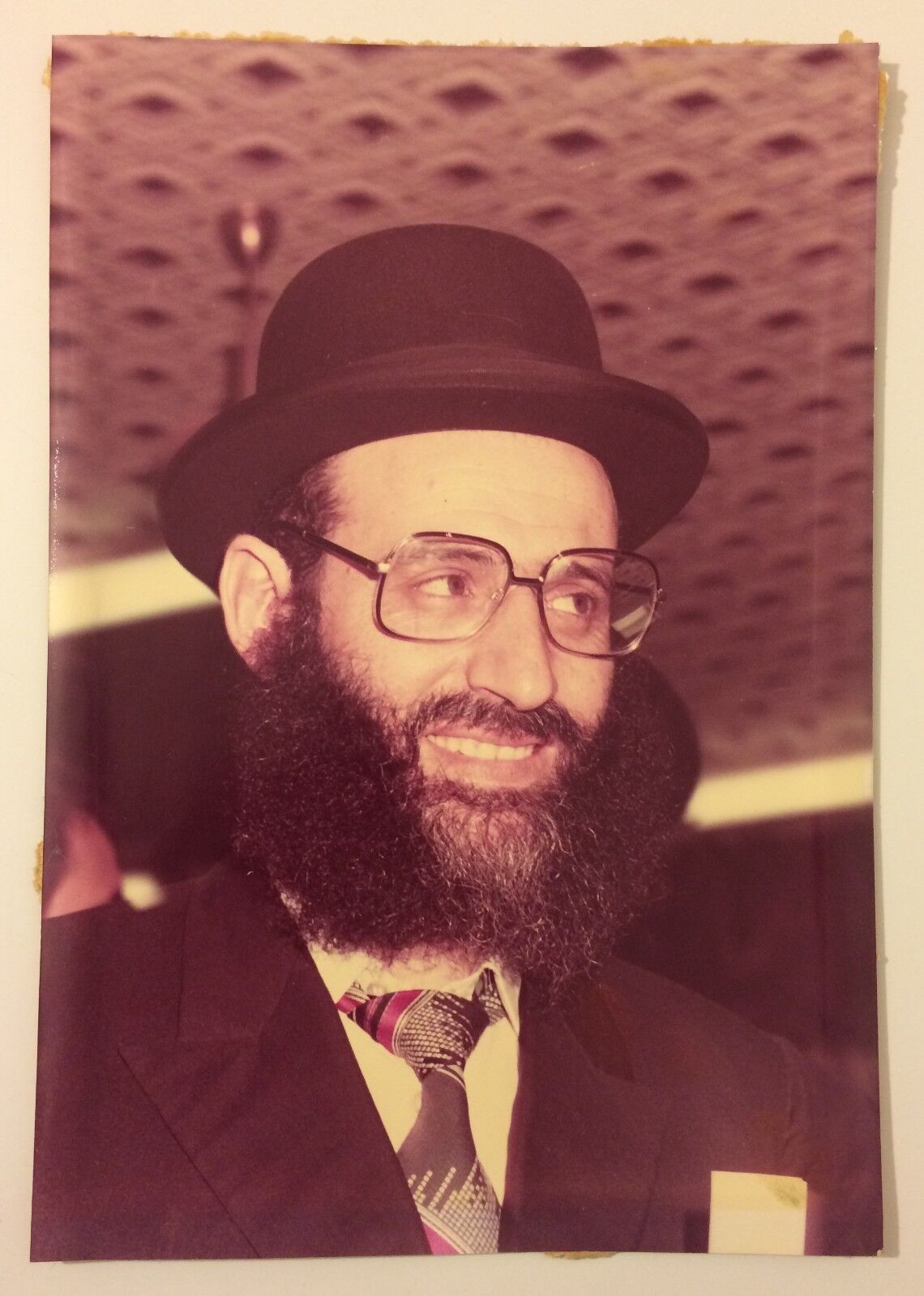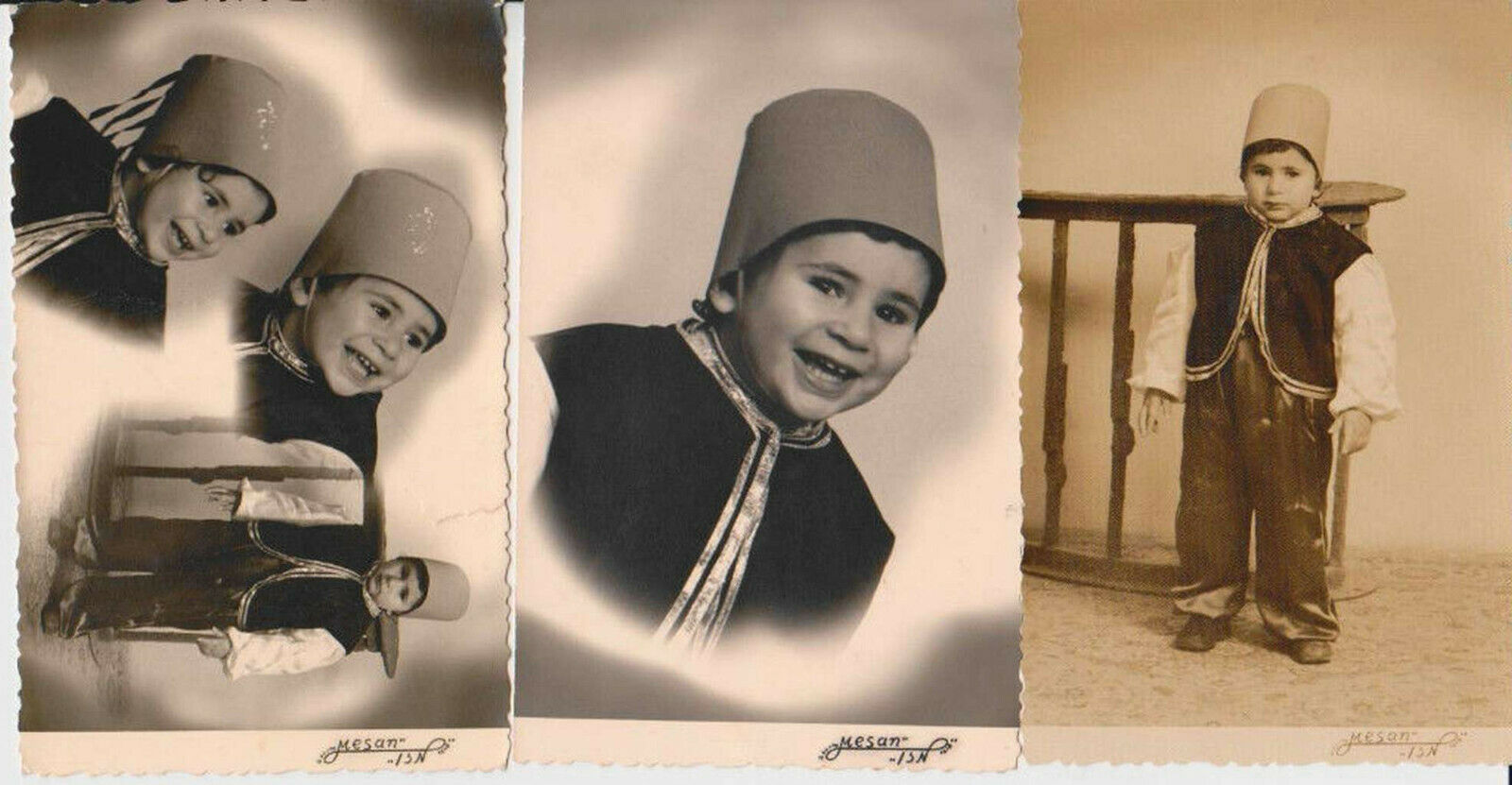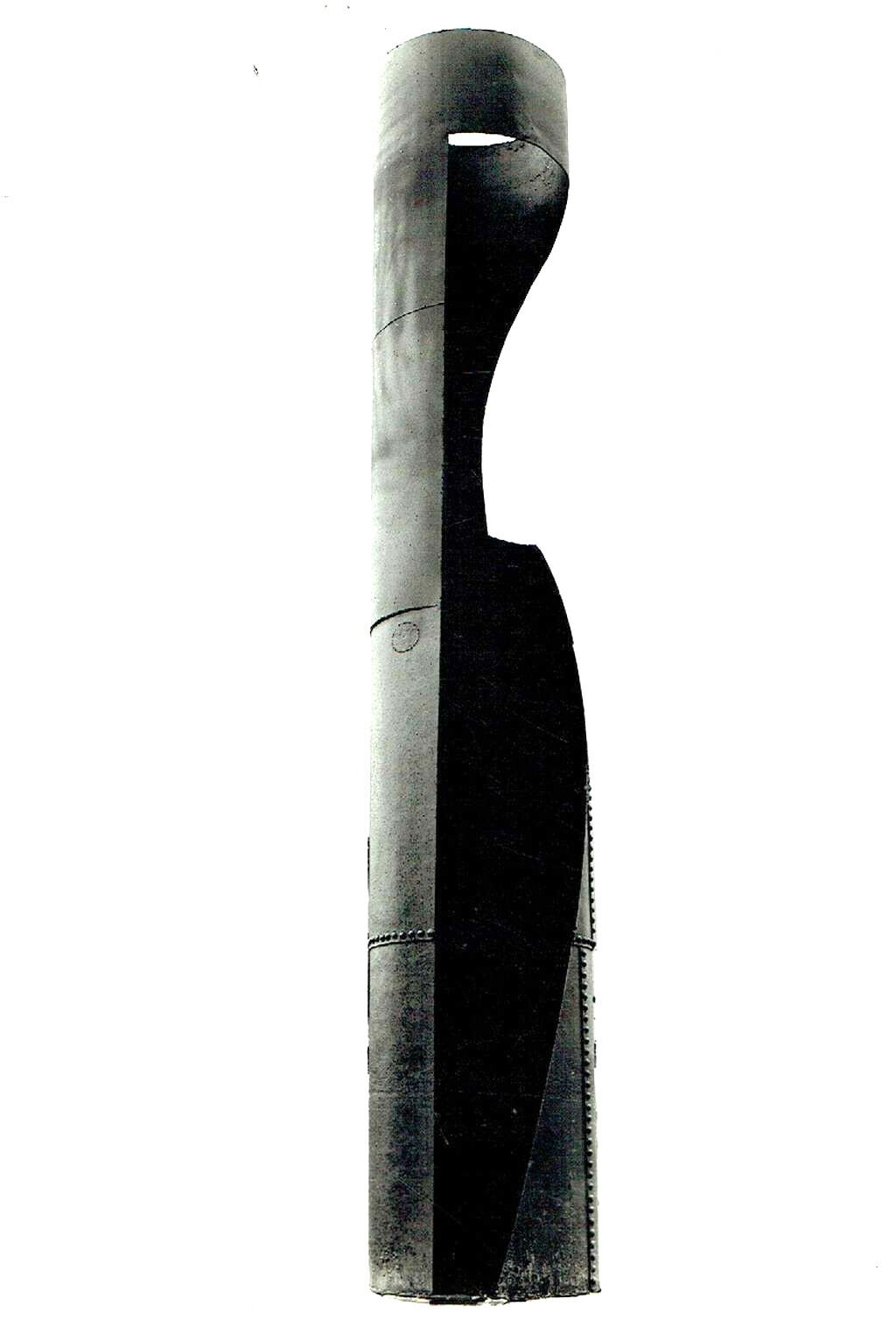-40%
1953 SIGI WEISSENBERG Hebrew PHOTO PROGRAM Piano CONCERT Israel JEWISH Judaica
$ 39.6
- Description
- Size Guide
Description
DESCRIPTION:
Here for sale is a CONCERT PROGRAM of the renowned Jewish PIANIST of Bulgarian descent Alexis
( Sigi ) WEISSENBERG . The PIANO CONCERT took place in 1953 in HAIFA , ERETZ ISRAEL . Extremely young Weissenberg was then only 24 years of age. On the front cover of the program there's a PHOTO of very YOUNG and HANDSOME Weissenberg.
In this CONCERT , WEISSENBERG , Under the baton of somewhat neglected PAUL KLETZKI - KLECKI ( His photo on the back cover ) played pieces by BARTOK , HAYDN and BRAHMS. Hebrew and English. Around 9 x 6 " . 12 pp including the printed covers . Very good condition . Filing holes of text. ( Pls look at scan for accurate AS IS images ) Will be sent inside a protective rigid packaging.
PAYMENTS
: Payment method accepted : Paypal & All credit cards.
SHIPPMENT
:SHIPP worldwide via registered airmail is $ 19 . Will be sent inside a protective packaging
.
Will be sent around 5-10 days after payment .
Alexis Weissenberg (July 26, 1929 – January 8, 2012) was a Bulgarian-born French pianist. Born into a Jewish family in Bulgaria, Sofia, Weissenberg began taking piano lessons at the age of three from Pancho Vladigerov, a Bulgarian composer. He gave his first public performance at the age of eight. In 1941, he and his mother tried to escape from German-occupied Bulgaria for Turkey, but they were caught and imprisoned in a makeshift concentration camp in Bulgaria for three months. One day, a German guard - who had enjoyed hearing Alexis play Schubert on the accordion - hurriedly took him and his mother to the train station, throwing the accordion to him through the window. The guard told them, "Good luck," and the next day, they safely arrived in Istanbul.
In 1945, they emigrated to Palestine, where he studied under Leo Kestenberg and performed Beethoven with the Israel Philharmonic under the direction of Leonard Bernstein. In 1946, Weissenberg went to the Juilliard School to study with Olga Samaroff. He also consulted Artur Schnabel and Wanda Landowska. In 1947 he made his New York debut with the Philadelphia Orchestra under the baton of George Szell playing Rachmaninoff's Piano Concerto No. 3. Between 1957 and 1966 he took an extended sabbatical for the purpose of studying and teaching. Weissenberg resumed his career in 1966 by giving a recital in Paris; later that year he played Tchaikovsky's Piano Concerto No. 1 in Berlin conducted by Herbert von Karajan, who praised him as "one of the best pianists of our time".
Recorded works
Bryce Morrison, in "Gramophone", described his early 1970s recording of the Liszt Sonata in B minor as one of the most exciting and also lyrical renditions of the work. His readings of Schumann, Rachmaninoff, and many works by Frédéric Chopin (including his complete works for piano and orchestra, Piano Sonatas No. 2 & 3, nocturnes, and waltzes) are also very well known. Among his other notable interpretations were those of Johannes Brahms's Piano Concerto No. 1, with Carlo Maria Giulini and Riccardo Muti, ("Les Introuvables d'Alexis Weissenberg", 2004), Rachmaninoff's Piano Concerto No. 2 with Herbert von Karajan and the Berlin Philharmonic, as well as his Piano Concerto No. 3 with Georges Prêtre and the Chicago Symphony Orchestra, and Seiji Ozawa with the Boston Symphony Orchestra (also with Leonard Bernstein and the Orchestre National de France). His film recording of Stravinsky's
Three Movements from Petrushka
was also highly praised (January 1965, directed by Åke Falck). In fact, this movie is amongst the most ingenious of classical music film adaptions); when Karajan watched the movie, he immediately called for Mr. Weissenberg to step in for the planned Rachmaninov's Piano Concerto No. 2 production, made instead of Sviatoslav Richter).
Teaching
Weissenberg gave piano master classes all over the world. With his Piano Master Class in Engelberg (Switzerland), he had as students many pianists of the new generation: Kirill Gerstein, Simon Mulligan, Mehmet Okonsar Nazzareno Carusi, Andrey Ponochevny, Loris Karpell, and Roberto Carnevale among them. He was also a composer of much piano music and a musical,
Nostalgie
, that was premiered at the State Theatre of Darmstadt on October 17, 1992. ***** Paul Kletzki (born Paweł Klecki on 21 March 1900 in Łódź, Poland – died on 5 March 1973 in Liverpool, United Kingdom) was a Polish conductor and composer.[1] Contents 1 Biography 2 Work 3 References 4 External links Biography[edit] Paul Kletzki joined the Łódź Philharmonic at the age of fifteen as a violonist.[1] After serving in the First World War, he studied philosophy at the University of Warsaw before moving to Berlin in 1921 to continue his studies. During the 1920s his compositions were championed by Arturo Toscanini; and Wilhelm Furtwängler, who permitted Kletzki to conduct the Berlin Philharmonic Orchestra in 1925. Because he was Jewish, he left Nazi Germany in 1933 and moved to Milan, Italy, where he taught composition.[1] Due to the anti-semitism of the Italian Fascist regime he moved to the Soviet Union in 1936. During the Holocaust a number of Kletzki's family were murdered by the Nazis including his parents and his sister. In 1946, he participated to the reopening of La Scala in Milan.[1] In 1949, he became a Swiss citizen.[1] In the post-war years Kletzki was a renowned conductor, especially of Gustav Mahler. In 1954 he was appointed chief conductor of the Liverpool Philharmonic Orchestra. In 1955, he conducted for the first recordings of the Israel Philharmonic Orchestra.[1] Between 1958 and 1961 he was principal conductor of the Dallas Symphony Orchestra. From 1967 until 1970 he was the General Music Director of the Orchestre de la Suisse Romande.[1] He died on 5 March 1973 at 72 years old after collapsing during a rehearsal at the Liverpool Philharmonic Orchestra.[1] Work[edit] Most of Paul Kletzki's compositions were thought to be destroyed during World War II.[1] However, during excavations in Milan in 1965, a chest was found containing the scores he had left in the basement of the Hotel Metropole in 1941. Kletzki, fearing his scores had turned to dust did not open the chest. Upon his death in 1973 his wife, Yvonne, opened the chest finding his scores well-preserved.[2] Kletzki's most notable work is his Third Symphony, completed in October 1939, with the subtitle 'In memoriam'. It is an elegiac work interpreted as a moving monument to the victims of Nazism.[3] Other works include three string quartets,[4] a Sinfonietta for strings, a Fantasy for piano, and a sonata for violin and piano. From 1942 onwards Kletzki wrote no more compositions; he argued that Nazism had destroyed his spirit and his will to compose. List of Compositions by Paul Kletzki Genre Opus Date Title Scoring Notes Orchestral 1921 Ouverture to A Florentine Tragedy by Oscar Wilde Orchestra Won first prize in a composition competition sponsored by the Warsaw Philharmonic[5], lost. Chamber 1 1923 String Quartet in A minor String Quartet Vocal 2 Four Songs Voice and Piano Vocal 3 Three Night Songs Voice and Piano Piano 4 1923 Three Preludes Piano Orchestral 7 1923 Sinfonietta String Orchestra Piano 9 1924 Fantasie in C minor Piano Chamber 12 1925 Violin Sonata in D major Violin and Piano Chamber 13 1925 String Quartet No. 2 in C minor String Quartet Orchestral 14 1926 Vorspiel zu einer Tragödie Orchestra Chamber 16 1924 Trio in D major Piano, Violin and Cello Orchestral 17 1927 Symphony No. 1 Orchestra Orchestral 18 1928 Symphony No. 2 Baritone and Orchestra 4th movement setting of a poem by Karl Stamm "Sleep, Sleep, O World" Concertante 19 1928 Violin Concerto in G Violin and Orchestra Orchestral 20 1929 Orchestervariationen Orchestra Chamber 21 1930 Introduction and Rondo Violin and Piano Concertante 22 1930 Piano Concerto in D minor Piano and Orchestra Published in 2 piano 4-hand version, orchestrated by John Norine Jr. Chamber 23 1931 String Quartet No. 3 in D minor String Quartet Orchestral 24 1931 Capriccio Large Orchestra Orchestral 25 1932 Konzertmusik Solo winds, strings and timpani Violin 26 1933 Sonata for Violin Solo Solo Violin Chamber 28 1932 Octet Orchestral 30 1938 Lyric Suite Orchestra Orchestral 31 1939 Symphony No. 3 ("In memoriam") Orchestra Chamber 32 Trio Flute, violin and viola Orchestral 33 1940 Variations sur un thème de Émile Jaques-Dalcroze String Orchestra Concertante 34 1940 Flute Concertino Flute and Orchestra Piano 1940/41 Three Unpublished Piano Pieces Piano Chamber 1943 String Quartet No. 4 [6] String Quartet Rediscovered, premiered by Merel String Quartet[7] *** PAUL KLETZKI (1900 - 1973) Born in 1900 in Łódž as Pavel Klecki, Paul Kletzki (the Germanicized form of his name) became famous after the Second World War as a distinguished conductor. From about 1921 to about 1942, however, Kletzki was primarily active as a composer—although he did conduct his own music—and, within this approximately twenty-year period, created a remarkable series of works of just over thirty opus numbers. After about 1942 he fell silent as a composer, somewhat like Sibelius, and in Kletzki’s case, as in Sibelius’s, it is difficult to ascertain the reasons for his silence. He later explained that his post-war cessation from composition emanated from “The shock of all that Hitlerism meant [which] destroyed also in me the spirit and will to compose”. But there may have been other contributing factors. Perhaps he perceived a “disconnect” between his compositional development and the larger evolution of art-music after the war. It is noteworthy that he did little to advertise or conduct his own music after 1942; indeed, he acted as if his music had totally ceased to exist, although major libraries had preserved the published scores of at least some of his works. Coming from an upper middle-class Polish-Jewish family in Łódž, at nine, Kletzki received his first lessons in violin from a Madame Schindler-Suess, a student of Joseph Joachim. An infant prodigy as a violinist, in 1915 he became the youngest member of the Łódž symphony orchestra. In 1919 he left Łódž to study philosophy at the University of Warsaw, and, at the same time became a composition student of Jules de Wertheim (Julius von Wertheim) and joined the conducting class of Emil Mlynarski. From 1920 to 1921 Kletzki fought in the war between Poland and the Soviets. During this conflict he was almost killed by a bullet which grazed his skull, while many of the soldiers in his unit perished. Resuming his studies in Warsaw, in 1921 he won first prize in a composition competition sponsored by the Warsaw Philharmonic for his Ouverture to the Florentine Tragedy by Oscar Wilde. With the proceeds from this award he went to Berlin to complete his studies at the Hochschule für Musik, where he studied composition with Friedrich Koch. By 1925 Kletzki had begun conducting his own music; between 1925 and 1933 he conducted his orchestral pieces with the Berlin Philharmonic, the Berlin Radio Symphony, and the orchestras of Bremen, Dresden, Essen, Dortmund, Duisberg, Lübeck, Kiel, Heidelberg, and Gothenburg in Sweden. From 1925 he began teaching at the Stern Conservatory in Berlin, and from 1929 to 1930 he served on the council of the Bund deutscher Komponisten. *** PAUL KLETZKI, 72, CONDUCTOR, DEAD March 7, 1973 Credit... The New York Times Archives See the article in its original context from March 7, 1973, Page 46Buy Reprints New York Times subscribers* enjoy full access to TimesMachine—view over 150 years of New York Times journalism, as it originally appeared. SUBSCRIBE *Does not include Crossword-only or Cooking-only subscribers. About the Archive This is a digitized version of an article from The Times’s print archive, before the start of online publication in 1996. To preserve these articles as they originally appeared, The Times does not alter, edit or update them. Occasionally the digitization process introduces transcription errors or other problems; we are continuing to work to improve these archived versions. LIVERPOOL, England, March 6—Paul Kletzki, the Polish‐born conductor, died in a hospital here last night after collapsing during a rehearsal with the Liverpool Philharmonic Orchestra for a concert that was to have been played tonight. He was 72 years old. Mr. Kletzki, who was music director of the Dallas Symphony from 1958 to 1961 and of the Orchestre Suisse Romande of Switzerland from 1967 to 1970, was best known in this country for his recordings. He made his American debut in 1958 with the Cincinnati Symphony and appeared in New York for the first time that year with the Philadelphia Orchestra. Although he made guest appearances with several other American orchestras, the last of which were in Houston, Mineapolis and Detroit last November and December, Mr. Kletzki's only concerts in New York following his debut were a pair with the American Symphony Orchestra in 1967. In the summer of 1965, he had appeared with the New Philharmonia Orchestra of London in a Long Island Festival concert at C. W. Post College in Brookville. Born in Lodz, Poland, on March 21, 1900, Mr. Kletzki began his musical career in 1914 as a violinist with the Lodz Philharmonic. From 1921 to 1933, he lived in Berlin where he studied, composed music and began to conduct. From 1935 to 1938, he taught composition in Milan. Most of his compositions were destroyed during World War II. When the La Scala Opera of Milan was reopened in 1946, Mr. Kletzki participated at the invitation of Arturo Toscanini. Thanks for reading The Times. Subscribe to The Times In 1949, Mr. Kletzki became a citizen of Switzerland but continued to travel widely as a conductor. He worked a great deal with the Israel Philharmonic Orchestra, and the first recordings of it released here (in 1955) were conducted by him. In May, 1955, he led the orchestra in a concert played at the Vatican to express the gratitude of. Israel to Pope Pius XII for the many Jewish lives he had helped save during World War II. ebay5008
